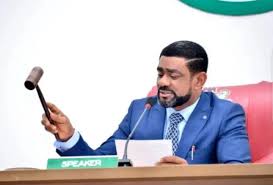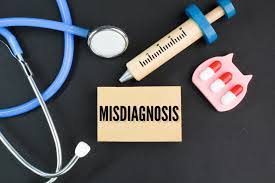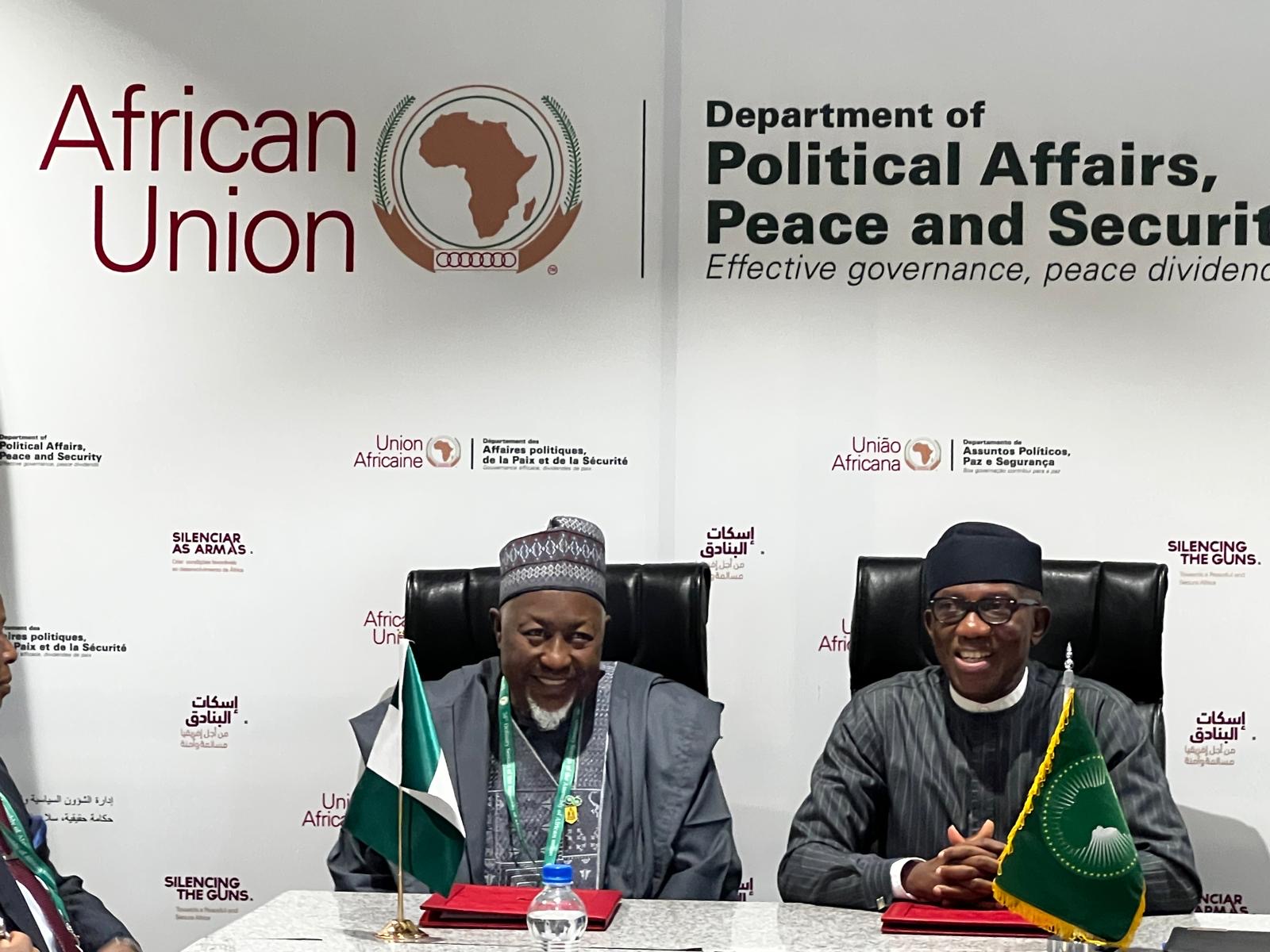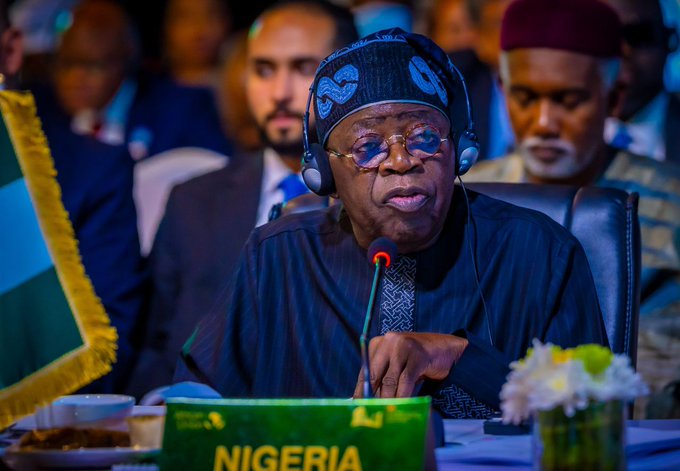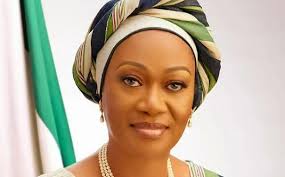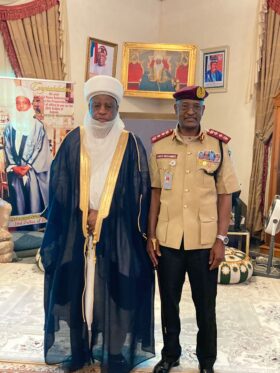By Lilian U. Okoro
Getting the right diagnosis is an essential aspect of healthcare because it provides a reading or an explanation of a patient’s health problem, which helps to inform subsequent health care decisions.
Diagnosis is the process of identifying the nature of an ailment, disorder or challenge by examining the signs and symptoms to distinguish it from other possible conditions.
Making a diagnosis involves taking a medical history, performing a physical exam, obtaining diagnostic tests, and using all the information or data generated, to arrive at a reasonable cause of an ailment.
Diagnostics includes medical devices, techniques and procedures used for in vitro and in vivo determination of physiological status or presence and characteristics of a disease, the World Health Organisation (WHO) says.
Examples of in vitro diagnostics include laboratory tests (such as blood or urine tests); in vivo diagnostics include imaging tests (such as chest radiography, mammography or pelvic ultrasound) and other type of tests such as thermometer, electrocardiogram, pulse oximeters, endoscopes or blood pressure measurement devices.
However, a misdiagnosis – the incorrect diagnosis of a condition or disease can occur, leading to a range of challenges for patients and healthcare providers.
This, health practitioners have decried, identifying that the causes could be multifactorial, needing a collaborative approach to tackle.
Dr Caleb Yakubu, a Consultant Radiologist, who spoke to the News Agency of Nigeria (NAN), said there were different factors that could cause medical misdiagnosis, which might be detrimental to a patient’s health.
Yakubu, also the Coordinator, One-Stop-Breast Clinic, Lagos University Teaching Hospital (LUTH), said that misdiagnosis could occur due to faulty or low-quality equipment.
He said that also, a laboratory personnel, due to the quest for profit, sometimes, compromised the quality of diagnosis by using fake and substandard equipment to carry out medical diagnosis.
“Such medical investigations might end up in misdiagnosis”.
He explained that using obsolete equipment could be another cause of misdiagnosis as many private and public health facilities could not afford to replace them with modernised ones.
According to him, another reason is that some laboratory personnel lack the requisite competence and expertise to effectively carry out some categories of diagnoses.
“Sometimes, the diagnostic kits and chemicals may be fake and because of the desire for selfish-profiteering, a medical personnel will use such equipment to carry out diagnosis on patients, of which the outcome will be misdiagnosis/medical error.
“Similarly, most diagnostic kits are not only fake, but are of low standard, which predisposes medical personnel to wrong diagnosis.
“For instance, with fake diagnostic kits and chemicals, a pregnant woman may be diagnosed to be pregnancy negative.
“Same with malaria and other illnesses. Using some fake and substandard kits may also lead to positive readings where negative,” he said.
On some ways to curb misdiagnosis, Yakubu said there was need for stringent regulation on importation of diagnostic kits, to ensure that only certified and standardised ones were allowed into the country.
According to him, there is also need for capacity building and adequate training of medical/laboratory personnel to ensure their competency.
Highlighting some of the consequences of misdiagnosis, Dr Albert Eze, said it had negative effects on the mental and physical well-being of patients.
“It leads to wrong and preventable treatments that are not needed. “In some instances, patients may take medications that are not needed, which result to other ailments or even lead to death.
“Some ‘victims’ may undergo surgeries and therapies that are not required,’’ he said.
Similarly, medical interventions and treatments that were not needed also affect patients psychologically, Dr Maymunnah Kadiri, a Mental Health Physician, said.
“It can cause fear and trauma, lead to developing high blood pressure, stroke or even heart attack, and if not managed well, death.
“In addition to physical harm and emotional distress, misdiagnoses add to financial burdens on patients and their families,” said Kadiri, also a Consultant Neuro-Psychiatrist.
Proffering ways to addressing misdiagnosis in the country, Dr Livinus Abonyi, a Medical Imaging Scientist, said there was urgent need for adequate funding of health facilities and a functional National Health Insurance Scheme (NHIS) for the country.
Abonyi identified limited investigation, which could occur as result of obsolete/substandard equipment, poor funding, lack of experienced personnel or quest for excessive profit, as a major factor that causes misdiagnosis.
Abonyi is the Head of Radiography Department of the Faculty of Clinical Sciences, College of Medicine, University of Lagos.
He explained that with adequate funding, the problem of obsolete equipment, training of personnel among others that contribute to misdiagnosis, would be addressed.
According to him, many patients lack the financial capability to pay for the needed medical investigations, hence, the need for NHIS to offset medical bills for the citizens.
He explained that there was an Act that made it compulsory for many companies, established corporate organisations and alike, to pay into the funding of health of Nigerian citizens, lamenting that the Act was barely 10 per cent implemented.
He said that implementation of the Act would make it possible for an average citizen to walk into a hospital and be able to access all required medical investigations and treatments at little or no cost.
He said that the Act should be awakened, put into action and made compulsory as it were, advising that everyone should come into health insurance scheme; and all the people who are supposed to pay into it, start doing so.
“It is not every time that everybody will come down with ill health; the resources that will be generated will be sufficiently enough to take care of the percentage of people who will fall sick at any point in time.
“That’s the way developed countries, people who care about the welfare of their citizens, are going.
“Failure of Nigeria to go in that direction will continue to be a burden on an ordinary citizen, hence, misdiagnosis will continue because many people are unable to pay for the needed diagnose.”
Abonyi said that current statistics showed that over 75 per cent of cost of treatment was borne out of pocket by citizens.
“That is not supposed to be; the reverse should rather be the case.
“The health insurance is supposed to take almost 80 per cent of cost of treatment, diagnosis and the rest of them that concerns the health of citizens, while the marginal remaining percentage be paid by individuals.
“And with this, an average citizen walking on the street, has assurance of living till the next day, next month, next year as the case may be.
“So, the Nigerian government should wake up to the NHIS,” Abonyi said.
Mr Olamide Fadipe, a Laboratory Scientist, said that patients and their relatives also have a role to play in ensuring accurate medical diagnosis.
Fadipe, who said that accurate diagnosis was key to effective management of patients/diseases, advised patients to always ensure they gave correct information about their health conditions.
He also identified waste of resources, increased mortality, increased length of hospital stay, death, depression on patients/relatives and increased strain on workforce among others, as some of the outcomes of misdiagnosis.
Fadipe, also a Former Chairman, Association of Medical Laboratory Scientists of Nigeria (AMLSN), Lagos State Branch, urged laboratory personnel to shun compromise of all sorts and always consider interest/health of the patients first.
All in all, the experts said the consequences of misdiagnosis on patients go beyond the initial inaccuracy in diagnosis.
The physical, emotional, and financial toll cannot be quantified hence the urgent need to address all the root causes of misdiagnosis.
It is also crucial to implement and monitor strategies to enhance diagnostic accuracy within the healthcare system to prevent illnesses and deaths that could arise from misdiagnosis, they advised. (NAN)(www.nannews.ng)
Edited by Vivian Ihechu



